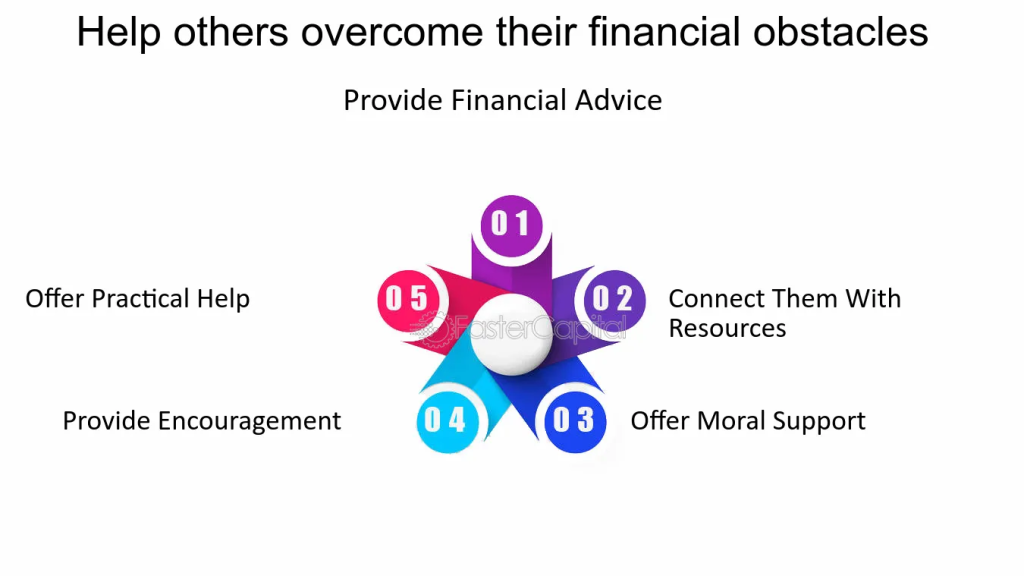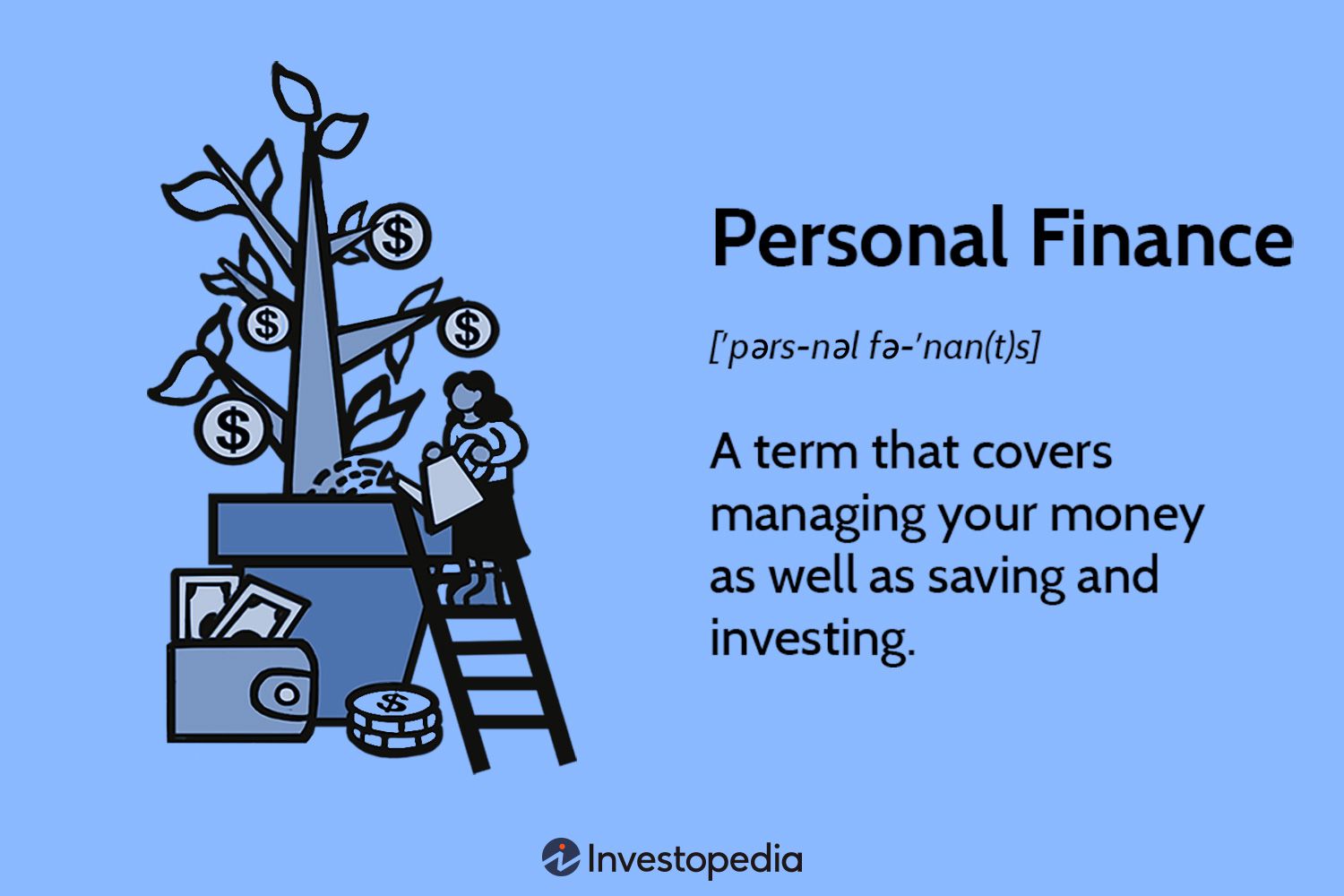Image Source: Unsplash
Introduction
In today’s fast-paced world, many individuals find themselves in a similar predicament – they don’t have the time or interest to learn about finance. Despite earning well, they feel like they could be doing better with their finances but are unsure of where to start. This article aims to address the common obstacles people face when it comes to finance and provide actionable steps to overcome them. By gaining a basic understanding of finance, you can empower yourself to make informed decisions, work effectively with financial professionals, and ultimately take control of your financial future. Let’s explore The Importance of Understanding Finance: Overcoming Obstacles and Taking Control of Your Finances.
The Resistance to Start: Time or Priorities?
One of the biggest challenges individuals face when it comes to improving their finances is simply getting started. Many believe that understanding finance is a complex and daunting task, leading to years of avoidance and procrastination. However, it’s essential to question whether it’s truly a lack of time that hinders progress or a matter of priorities.
While it’s true that life can get busy, examining how we spend our time reveals our true values and priorities. If financial security and success are important to you, it’s worth considering whether you can allocate at least half an hour a week to focus on your finances. Often, the notion of a lack of time is merely an easy excuse. It’s crucial to dig deeper and uncover the underlying reasons for avoiding financial matters.
Perhaps there’s a fear of discovering the true state of one’s finances, or a belief that managing money is too complicated to grasp. It’s also possible that finances are viewed as a chore, rather than recognizing their critical importance. By recognizing the significant impact that understanding finance can have on your life, you may be motivated to shift your perspective and prioritize financial education.
The Myth of Finance as a Passion
The entertainment industry often portrays finance as a field reserved for slick suit-wearing individuals driven by money and the thrill of the game. However, managing your money effectively doesn’t require a passionate interest in finance or a love for spreadsheets. In fact, it’s often the other way around – as you become more proficient in handling your finances, you may develop a genuine interest and enjoyment in the subject.
Giving yourself permission to be a beginner is essential. It’s natural to feel uncomfortable and even embarrassed when starting something new, particularly if it involves areas where we feel inadequate. However, overcoming this initial discomfort is the first step towards progress. As you gain knowledge and experience small wins, your confidence will grow, and you’ll begin to appreciate the positive changes financial literacy can bring to your life.
Even if you’re not inherently interested in finance, it’s crucial to recognize your inherent interest in the outcome of financial security and success. By reframing your mindset and understanding the importance of your own finances, you can develop a newfound interest in managing your money effectively.
The Benefits of a Basic Understanding
While some may argue that hiring a financial adviser is the solution to all financial woes, blindly outsourcing your finances without any basic knowledge can leave you vulnerable and dependent. It’s crucial to maintain an active role in your financial decisions and develop a healthy client-professional relationship.
Having a basic understanding of finance empowers you to ask relevant questions, comprehend the advice given, and actively participate in decision-making. You become an informed consumer of financial services, ensuring that your interests are protected and your goals are aligned with the advice you receive.
Additionally, understanding finance allows you to evaluate investment opportunities and make informed choices. It provides a foundation for financial independence and the ability to navigate the complex world of personal finance confidently.
Overcoming the Obstacles: Actionable Steps
Now that we’ve addressed the common obstacles individuals face when it comes to finance, let’s explore actionable steps to overcome these challenges and take control of your financial journey.
1. Prioritize and Allocate Time
Begin by acknowledging the importance of financial education and its impact on your life. Make a conscious decision to prioritize your financial well-being and allocate dedicated time for learning and managing your money. Start small, with as little as half an hour a week, and gradually increase the time as you become more comfortable and engaged.
2. Start with the Basics
Finance can seem overwhelming, especially if you’re starting from scratch. Begin by familiarizing yourself with the basic concepts of budgeting, saving, and investing. Understand the fundamentals of interest rates, compound growth, and risk management. As you grasp these foundational concepts, you’ll build a solid framework for more advanced financial topics.
3. Seek Reliable Resources
Numerous resources are available to assist you in your financial education journey. Look for reputable books, online courses, and educational platforms that offer reliable and accessible information. Consider attending workshops or webinars conducted by financial experts or organizations dedicated to promoting financial literacy.
4. Set Clear Financial Goals
Establishing clear financial goals is essential for progress. Determine what you want to achieve, whether it’s saving for retirement, purchasing a home, or paying off debt. Break these goals down into smaller, actionable steps and create a timeline for achieving them. Regularly review and reassess your goals to ensure they remain aligned with your evolving financial situation.
5. Track and Analyze Your Expenses
To gain control over your finances, it’s crucial to understand where your money is going. Track your expenses diligently, either manually or through budgeting apps. Categorize your spending and analyze patterns to identify areas where you can cut back and save. This knowledge allows you to make informed decisions about your spending habits and prioritize your financial resources accordingly.
6. Build an Emergency Fund
An emergency fund serves as a financial safety net during unexpected circumstances such as job loss, medical emergencies, or home repairs. Aim to save three to six months’ worth of living expenses in a separate, easily accessible account. Having an emergency fund provides peace of mind and safeguards you against financial hardship.
7. Diversify Your Investments

Investing is a crucial aspect of wealth creation and financial security. Educate yourself about different investment options such as stocks, bonds, mutual funds, and real estate. Diversify your investments to mitigate risk and take advantage of potential growth opportunities. Consider seeking advice from a qualified financial professional to help you make informed investment decisions aligned with your goals and risk tolerance.
8. Stay Informed and Adapt
The world of finance is ever-evolving, with new trends, regulations, and opportunities emerging regularly. Stay informed about current financial news and developments that may impact your financial decisions. Adapt your strategies and plans as needed to ensure they remain relevant and effective in the changing landscape.
9. Collaborate with Financial Professionals
While it’s important to have a basic understanding of finance, don’t hesitate to seek guidance from financial professionals when needed. Collaborate with certified financial planners or advisers who can provide tailored advice and expertise. Work together to create a comprehensive financial plan that aligns with your goals and aspirations.
10. Continuously Educate Yourself
Financial education is an ongoing process. Commit to continuously expanding your knowledge and skills in finance. Engage in lifelong learning through reading books, attending seminars, or participating in online courses. The more you invest in your financial education, the more empowered you’ll become in managing your money effectively.

